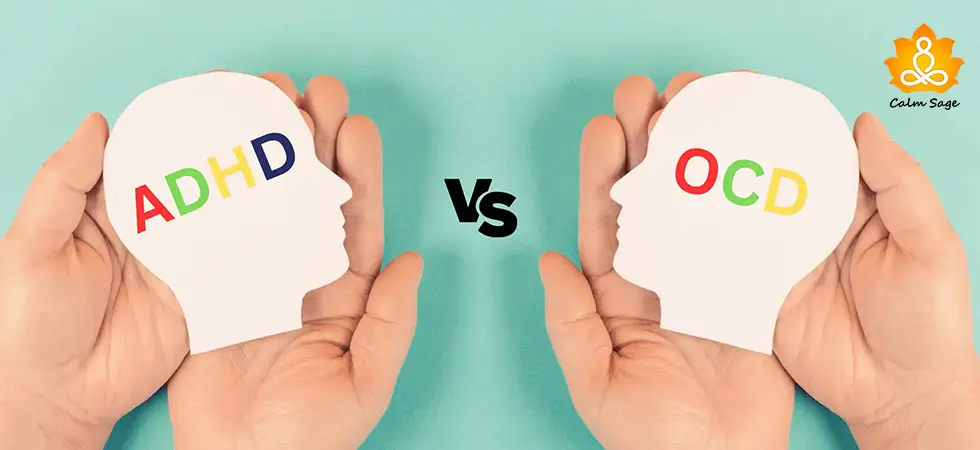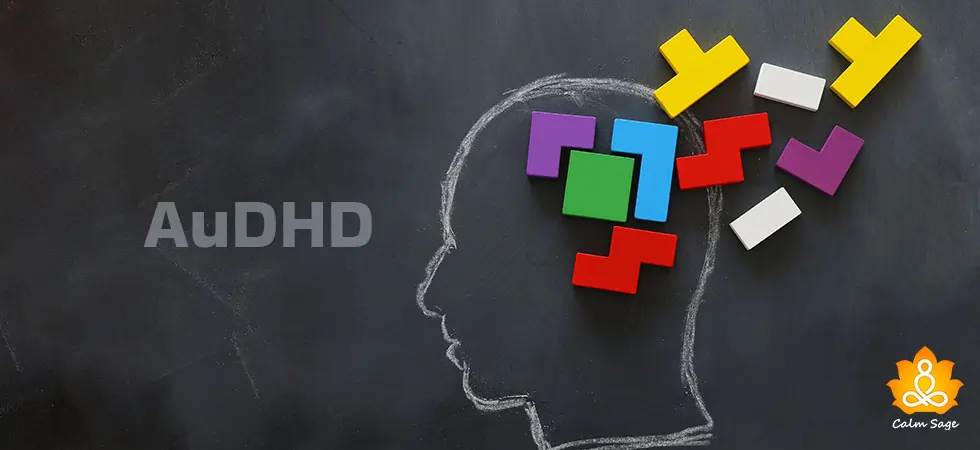Can Caffeine Help Calm ADHD Symptoms? Here’s What Research Says

Many of us, including myself, love a nice, hot cup of caffeine in the morning – whether it be a cup of coffee or a cup of tea. Even during an afternoon slump, many of us find ourselves indulging in a piece of chocolate to refresh our minds. But, can these caffeinated foods and beverages help more than lifting our taste buds?
Caffeine is one of the most popular drugs consumed in the world. Caffeine acts as a stimulant that boosts neurotransmitters such as serotonin and hormones responsible for increasing attention and alertness.
When it comes to treating ADHD or Attention Deficit Hyperactivity Disorder, medications are the most commonly prescribed treatment but did you know that those ADHD medications are also stimulants? Many experts believe that such stimulants including caffeine can help with ADHD symptoms.
In this blog, let’s take a look at what research says about the possible (positive) effects of caffeine on ADHD, the benefits and risks of caffeine and ADHD interaction, and other ways to help calm ADHD symptoms.
How Does Caffeine Affect the Mind And Body?
Caffeine affects everyone differently. While some people may find consuming caffeine refreshing and helpful, others may find the same tiring and exhausting. Moderate consumption of caffeine is safe but consuming too much caffeine can have side effects that can range from anxiety shivers, nervousness, restlessness, increased heart rate, tremors, insomnia, and more.
Along with increasing alertness and concentration, caffeine can also ease headaches, improve memory retention, and even prevent cancer-inducing diseases, Alzheimer’s, and Parkinson’s disorder.
Caffeine is a compound that is most commonly found in coffee, chocolate, energy drinks, tea, and soft drinks. This stimulant interacts with adenosine, a molecule that acts as a messenger between the brain and nervous system.
Higher levels of adenosine can increase drowsiness. Caffeine interferes with this and counters the effects of adenosine, boosting alertness. Consuming caffeine can also elevate the production of dopamine, one of the happy hormones, boosting mood. However, it can also increase your heart rate.
Too much caffeine consumption can lead to nausea, tremors, sleep troubles, anxiety, and more. Similarly, suddenly withdrawing or stopping caffeine consumption can lead to withdrawal symptoms such as headaches, irritability, jittery nerves, etc.
Caffeine And ADHD
The most common treatment options for ADHD are medication, psychotherapy, and sometimes a combination of both. Some people also engage in alternative treatment options such as diet management, healthy lifestyle changes, relaxation activities, etc to help ease ADHD symptoms.
It is believed that because of its stimulant properties, caffeine can (at least, theoretically) help manage the symptoms of ADHD.
As I mentioned before, caffeine affects each person uniquely. Just as ADHD does.
While some people with ADHD might find consuming caffeine can help them improve focus, however, others with ADHD might find that caffeine consumption is making them more irritable and agitated.
Dopamine in the brain needs to be within a certain range for one to focus on the task at hand. In ADHD, though, dopamine level is low so consuming caffeinated food and beverages can increase dopamine levels, hence supporting concentration skills.
For most people, stimulants can push dopamine too high. Too much dopamine can increase agitation and anxiety but in people with ADHD, these stimulants can adjust to the right level.
Many studies have shown that caffeine has been successfully linked with boosting concentration and focus in people with ADHD. It is said that because caffeine is a stimulant drug, it mimics the effects of ADHD medications such as amphetamine.
On the other hand, caffeine alone cannot be as effective as prescribed ADHD medications. Adults with ADHD might safely consume caffeine for their symptoms, the same cannot be said for children and teens with ADHD.
What Research Says…
While there is no hard evidence that proves the effectiveness of treating ADHD with caffeine, there have been some studies that show the improvement in people with ADHD when caffeine was used.
In one such study done on U.S Army soldiers with ADHD, it was found that caffeine use improved cognitive performance and impulsive behavior. In another study, it was found that for teens (aged 12-14), caffeine use in the afternoon was linked with sleep troubles. However, these sleep troubles only occur in teens living with ADHD.
Researchers believe that more research on the effects of caffeine on ADHD treatment is needed. However preliminary studies successfully indicate that caffeine consumption or other similar stimulants can offer a helping hand in treating or easing the symptoms of this neurodevelopmental disorder.
The Risks Of Using Caffeine
No matter how hard you try, risks are always there. Consuming caffeine does not come without risks. Too much caffeine consumption can lead to:
- Sleep disturbances
- Increased heartbeat
- Increased irritability
- Anxiety
- Insomnia
- Tremors
- Upset stomach
- Nausea
Consuming more than 4 cups of caffeine in a day is considered unhealthy and downright harmful to your mind and body. If you’re experiencing any of these symptoms, then it is recommended you speak to a professional and limit the consumption of caffeine. Do not stop caffeine consumption immediately as it can cause severe withdrawal symptoms.
Can Caffeine Help ADHD?
While caffeine can be used to ease ADHD symptoms, green tea has also been found beneficial. It is believed that tea contains L-Theanine, an amino acid that can help increase dopamine and control anxiety that comes with ADHD.
Caffeine can also help calm children’s ADHD. However, there’s more research needed to determine the safety of using caffeine as ADHD treatment in children. In a small study, it was found that with the right dose, ADHD medication and caffeine when combined can have a collective effect in easing the three core symptoms; impulsivity, hyperactivity, and inattentiveness.
Caffeine consumption affects everyone uniquely and more so in people with ADHD. While caffeine consumption is not exactly safe for children, adults can find using caffeine as a stimulant to manage ADHD symptoms useful. If you’re consuming caffeine as a stimulant to ease ADHD symptoms, then do not withdraw without consulting your doctor.
I hope this article helped you understand the link between caffeine and ADHD. For more, you can write to us at info@calmsage.com or DM us on social media. You can also share your thoughts with us in the comments below.
Take Care!




















